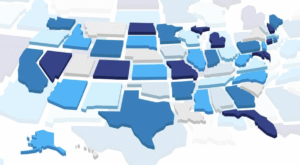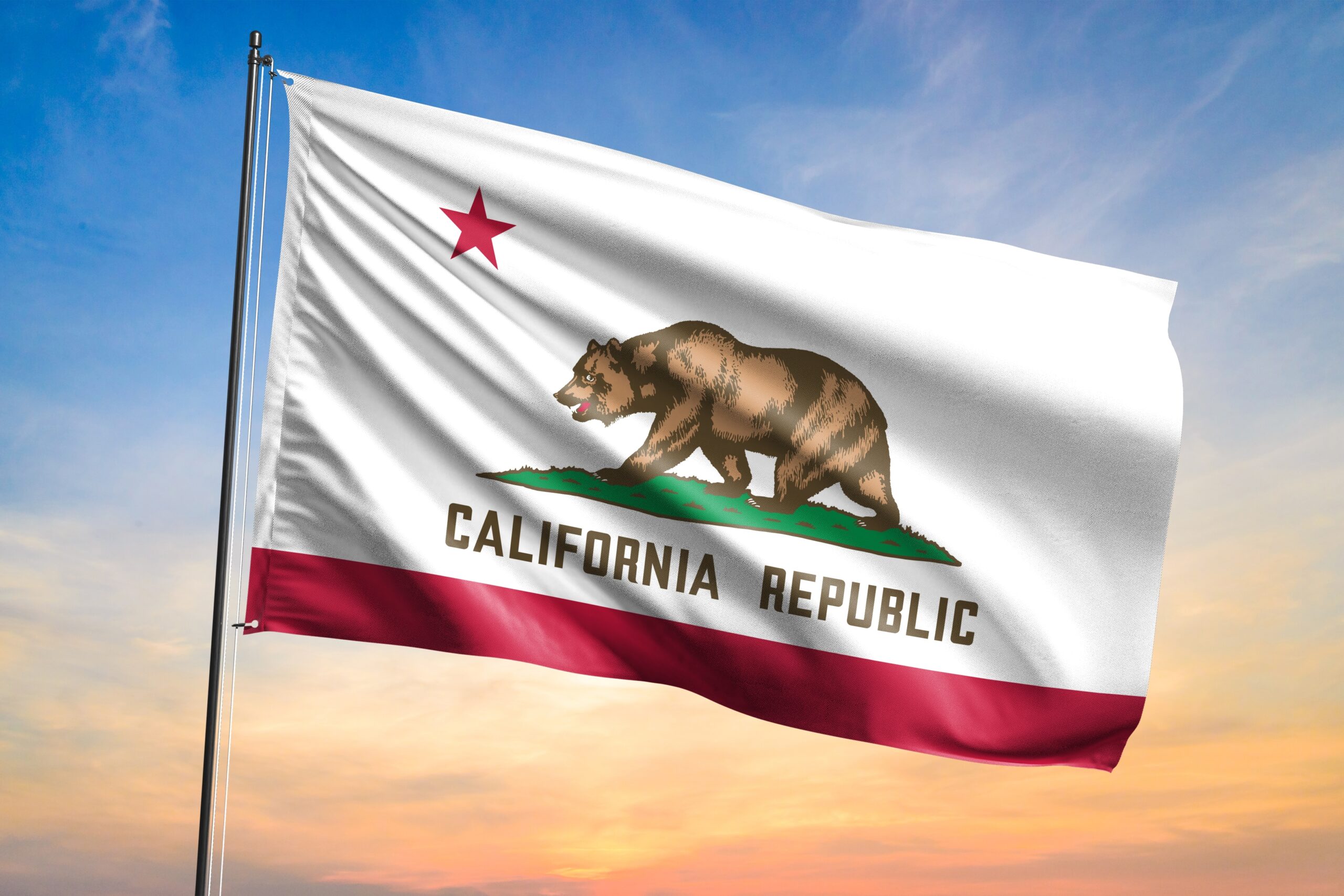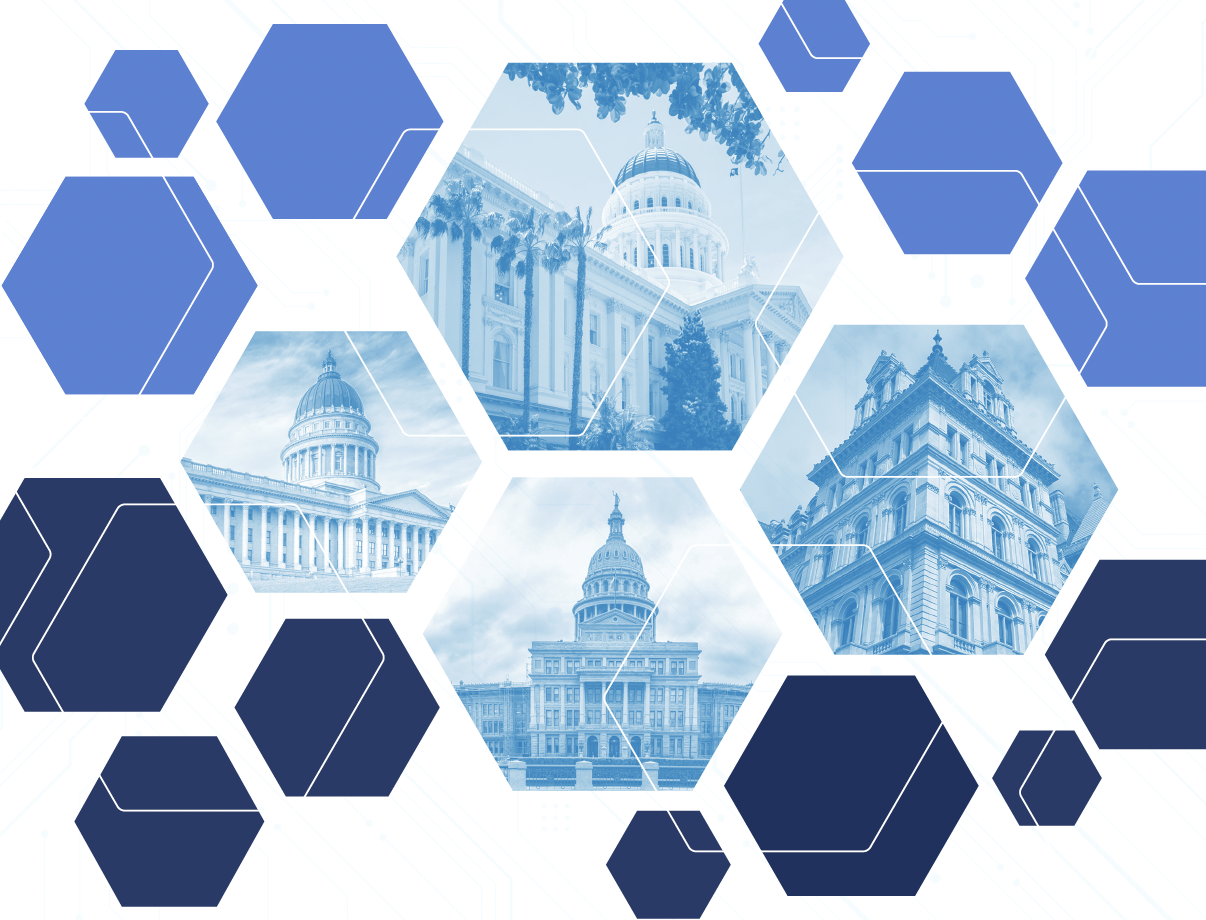Across the United States, evolving data collection and processing practices are driving digital services and socially beneficial research, but also pose increasing risks to individuals and communities that America’s existing sectoral privacy frameworks are insufficient to govern. In response, leaders in law and policy are considering more comprehensive approaches to privacy regulation, which establish baseline rights and protections for personal data throughout the economy. Years of negotiations in Congress culminated in the introduction of the bipartisan American Data Privacy and Protection Act in 2022; however, its fate remains uncertain. In the absence of federal legislation, five U.S. states—California, Virginia, Colorado, Utah, and Connecticut— enacted comprehensive consumer privacy laws between 2018-2022.
The Future of Privacy Forum provides expert, independent analysis of legislative and regulatory approaches to protecting data privacy interests. FPF does not typically support or oppose particular bills, but instead focuses on analyzing proposals in relation to existing privacy frameworks, sharing information on current data practices and technologies, and ensuring that data governance strategies are future-looking and adaptable.
FPF also engages with the broader privacy community through reports, blog posts, webinars, and educational programs such as the CPRA Law + Tech Series. It is our view that robust and durable policy outcomes can be achieved when all stakeholders are equipped to understand the key technologies, business practices, and legal mechanisms available to regulate privacy and data protection. FPF’s legislation work is led by Tatiana Rice, Senior Director.
Featured
Understanding the New Wave of Chatbot Legislation: California SB 243 and Beyond
As more states consider how to govern AI-powered chatbots, California’s SB 243 joins New York’s S-3008C as one of the first few enacted laws governing companion chatbots and stands out as the first to include protections tailored to minors. Signed by Governor Gavin Newsom this month, the law focuses on transparency and youth safety, requiring […]
FPF Releases Issue Brief on New CCPA Regulations for Automated Decisionmaking Technology, Risk Assessments, and Cybersecurity Audits
Since the California Consumer Privacy Act (CCPA) was enacted in 2018, business obligations under the law have continued to evolve due to several rounds of rulemaking by both the Attorney General and the California Privacy Protection Agency (CPPA). The latest regulations from the CPPA are some of the most significant yet. Starting January 1, 2026, […]
California’s SB 53: The First Frontier AI Law, Explained
California Enacts First Frontier AI Law as New York Weighs Its Own On September 29, Governor Newsom (D) signed SB 53, the “Transparency in Frontier Artificial Intelligence Act (TFAIA),” authored by Sen. Scott Wiener (D). The law makes California the first state to enact a statute specifically targeting frontier artificial intelligence (AI) safety and transparency. […]
The State of State AI: Legislative Approaches to AI in 2025
State lawmakers accelerated their focus on AI regulation in 2025, proposing a vast array of new regulatory models. From chatbots and frontier models to healthcare, liability, and sandboxes, legislators examined nearly every aspect of AI as they sought to address its impact on their constituents. To help stakeholders understand this rapidly evolving environment, the Future […]
Call for Nominations: 16th Annual Privacy Papers for Policymakers Awards
The 16th Privacy Papers for Policymakers call for submissions is now open until October 30, 2025. FPF’s Privacy Papers for Policymakers Award recognizes leading privacy research and analytical scholarship relevant to policymakers in the U.S. and internationally. The award highlights important work that analyzes current and emerging privacy issues and proposes achievable short-term solutions or […]
FPF Submits Comments to Inform Colorado Minor Privacy Protections Rulemaking Process
On September 10th, FPF provided comments regarding draft regulations for implementing the heightened minor protections within the Colorado Privacy Act (“CPA”). Passed in 2021, the CPA, a Washington Privacy Act style-framework, provides comprehensive privacy protections to consumers in Colorado that are enforced by the state Attorney General’s office, which also has rulemaking authority. In 2024, […]
Concepts in AI Governance: Personality vs. Personalization
Conversational AI technologies are hyper-personalizing. Across sectors, companies are focused on offering personalized experiences that are tailored to users’ preferences, behaviors, and virtual and physical environments. These range from general purpose LLMs, to the rapidly growing market for LLM-powered AI companions, educational aides, and corporate assistants. There are clear trends among this overall focus: towards […]
The “Neural Data” Goldilocks Problem: Defining “Neural Data” in U.S. State Privacy Laws
Co-authored by Chris Victory, FPF Intern As of halfway through 2025, four U.S. states have enacted laws regarding “neural data” or “neurotechnology data.” These laws, all of which amend existing state privacy laws, signify growing lawmaker interest in regulating what’s being considered a distinct, particularly sensitive kind of data: information about people’s thoughts, feelings, and […]
Data-Driven Pricing: Key Technologies, Business Practices, and Policy Implications
In the U.S., state lawmakers are seeking to regulate various pricing strategies that fall under the umbrella of “data-driven pricing”: practices that use personal and/or non-personal data to continuously inform decisions about the prices and products offered to consumers. Using a variety of terms—including “surveillance,” “algorithmic,” and “personalized” pricing—legislators are targeting a range of practices […]
Tech to Support Older Adults and Caregivers: Five Privacy Questions for Age Tech
Introduction As the U.S. population ages, technologies that can help support older adults are becoming increasingly important. These tools, often called “AgeTech”, exist at the intersection of health data, consumer technology, caregiving relationships, and increasingly, artificial intelligence, and are drawing significant investment. Hundreds of well funded start-ups have launched. Many are of major interest to […]
















